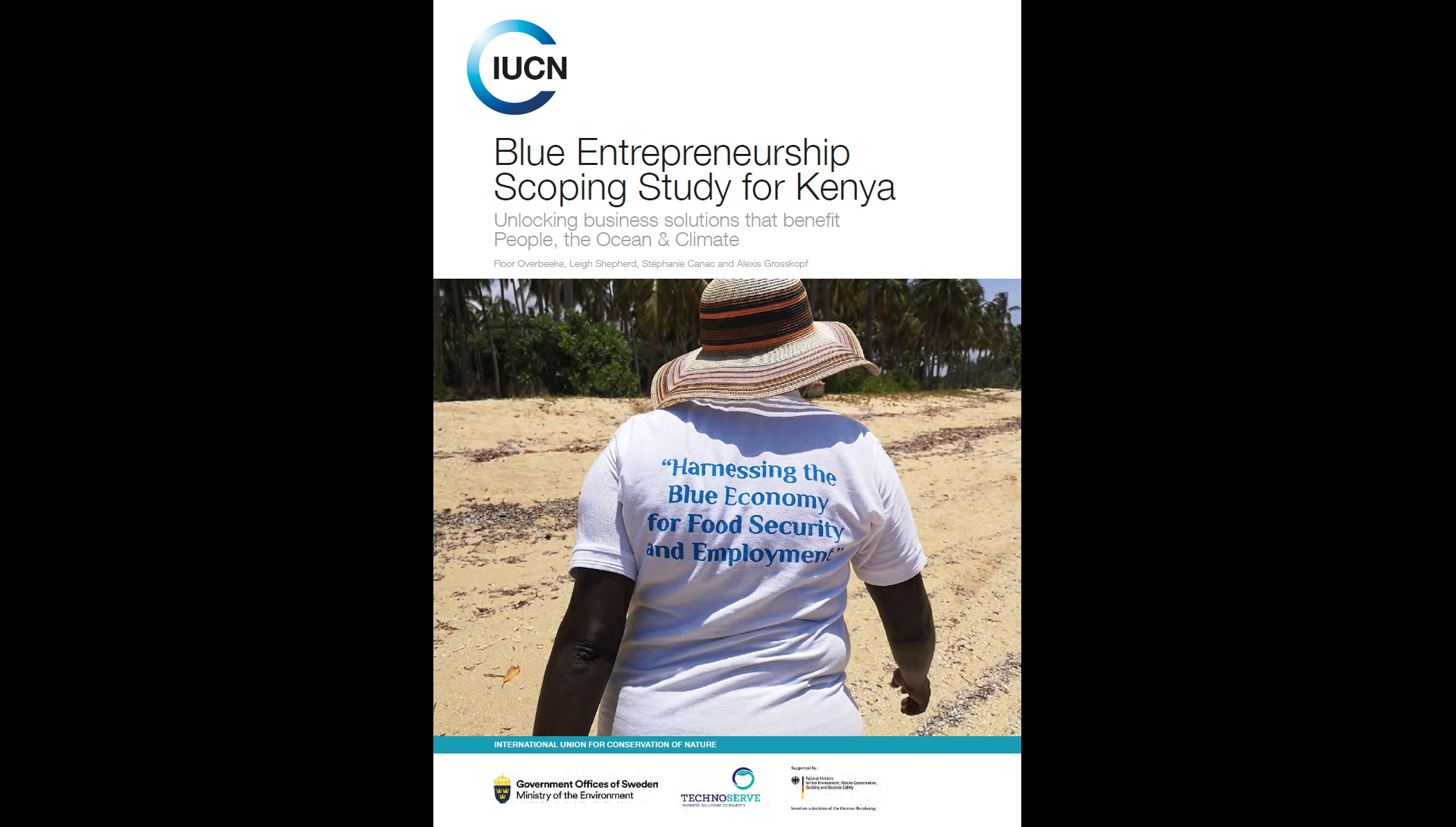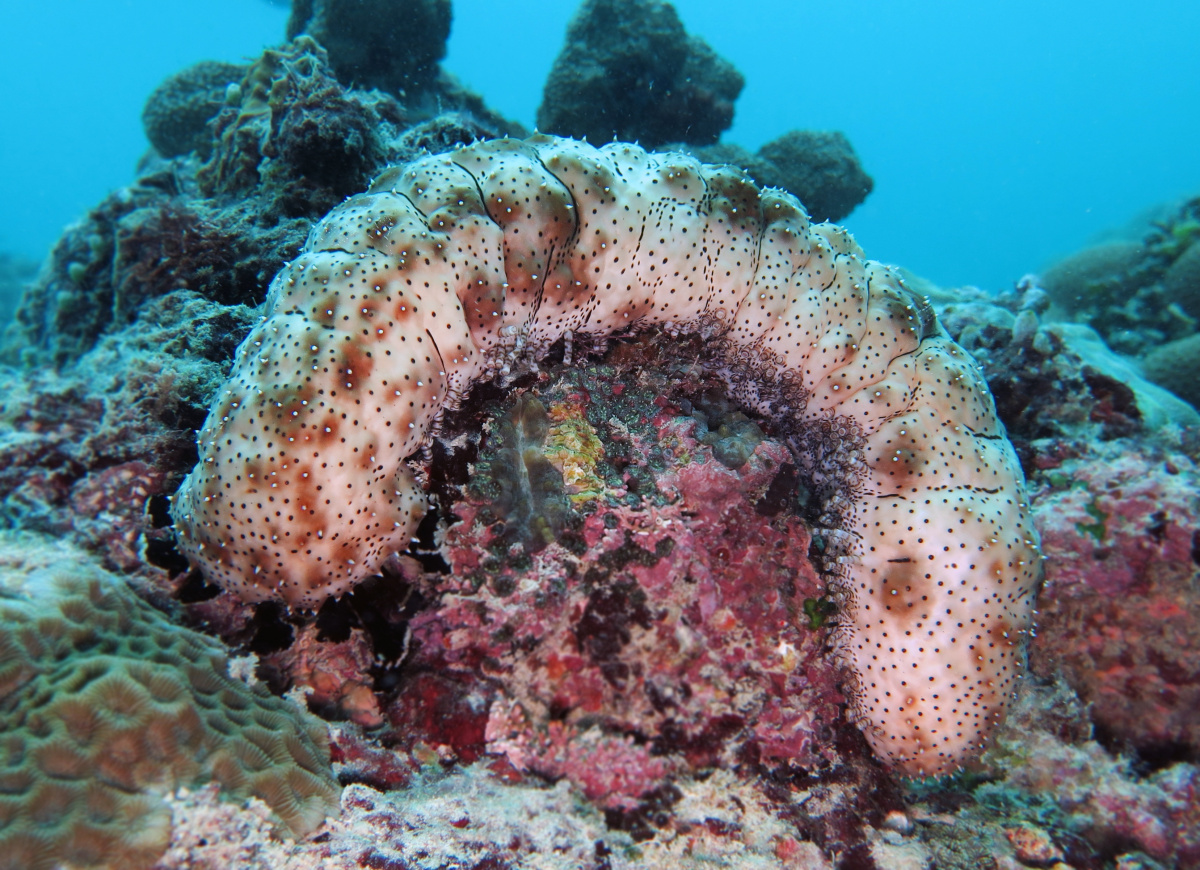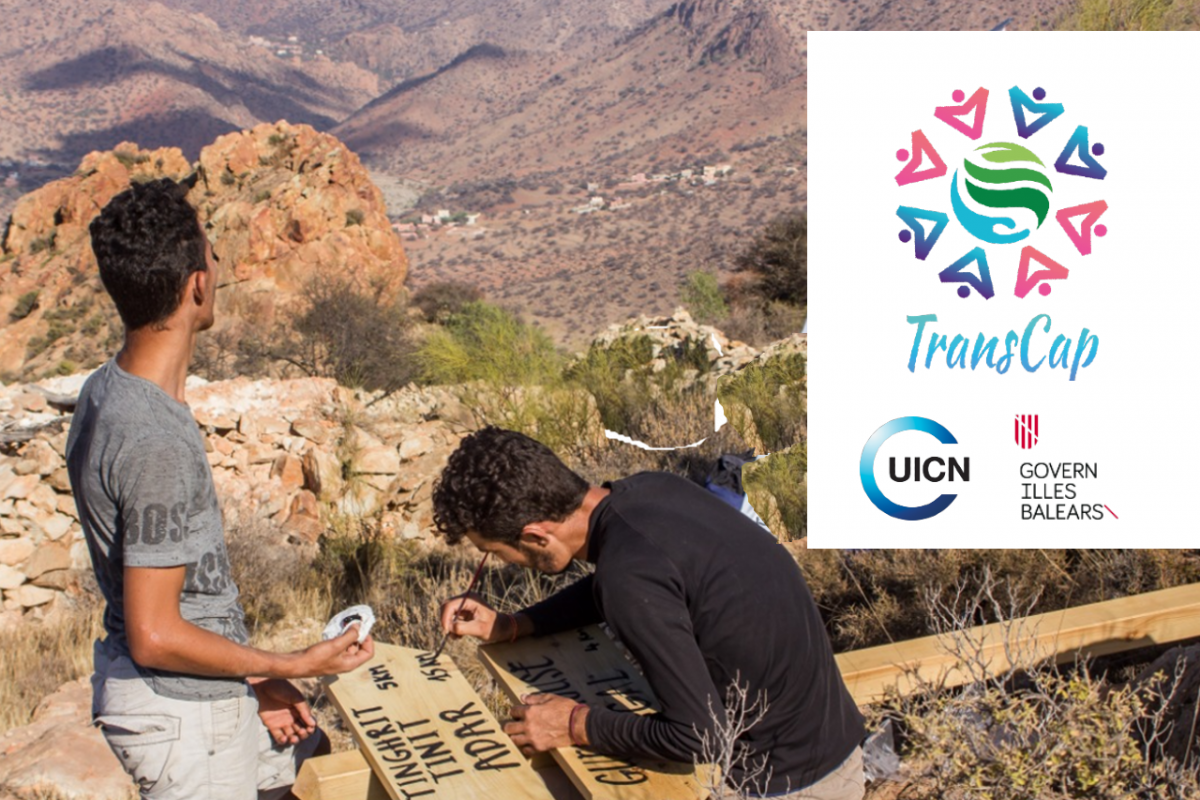Blue Entrepreneurship Scoping Study for Kenya: Unlocking business solutions that benefit People, the Ocean & Climate
This report is the first step in identifying and targeting priority interventions and solutions that can support local marine-based communities. The study highlights seaweed farming, sea cucumber farming, and finfish farming as key opportunities. There is an overview of strengths and weaknesses of each value chain along with recommendations to drive sector transformation and reach optimal impact. Alongside the strategic levers for each value chain are opportunities for the sector.
Seaweed Farming
Seaweed Farming Kenya can maximize potential in the seaweed industry through a dramatic increase in production and scale, as unlocking the potential for communities to produce at capacity can lead to sector-wide transformation.
At present, Kenya is not competitive in the regional seaweed market, and success hinges on both attracting new farmers and utilizing productive space at full capacity.
Sea Cucumber Farming
Current sea cucumber production in Kenya is limited to the dangerous practice of wild-capture. Due to decades of overfishing, sea cucumber wild stocks are dwindling, harming the overall biodiversity of coastal ecosystems and forcing fishers into increasingly-risky diving practices. With a high price point, growing global demand, and
an existing link to the export market, spearheading inclusive sea cucumber farming models in Kenya will revolutionize the sector.
Neighbouring countries in the WIO region have spent years trialling and refining the smallholder-outgrower model, and Kenya’s success in the industry hinges on a three-step intensive investment (see the full report for more information).
Finfish Farming
Fishing plays a vital role for coastal communities, both in terms of food security and in terms of income generation. Kenya and the rest of the world suffer as global fish stocks disappear through overfishing. Investing
in finfish farming using cage structures in marine sites has the potential to disrupt the current Kenyan value chain for local coastal consumption of fish by increasing and controlling production, avoiding restrictive
market relationships, and reducing pressure on local environments. Local demand fish remains strong, and Kenya has an opportunity to develop sustainable production methods through marine-based finfish cage farming.
The research identified three strategic levers to catalyse transformation in the finfish farming sector (see the full report for more information).
The emergence of the Blue Economy, and IUCN involvement
The urgency of the climate crisis and the ongoing work of economic development in Kenya has contributed to the emergence of the Blue Economy as a critical arena for making substantive impact, both for the environment and for local prosperity. IUCN continues to engage in the discussion and aims to develop a pilot model to serve the greater Western Indian Ocean (WIO) region.
This scoping study utilizes a combination of primary research (stakeholder interviews, focus group discussions, and field research) and secondary research (literature review) to prioritize value chains and recommendations.
More information
Blue Entrepreneurship Scoping Study for Kenya - full report.
We'd like to gratefully acknowledge The Government of Sweden's Ministry of the Environment and Germany's Federal Ministry of the Environment, Nature Conservation, Building and Nuclear Safety (BMU IKI) for funding and supporting this study.
For more information on IUCN work on the Blue Economy you can visit our Ocean Team pages.





